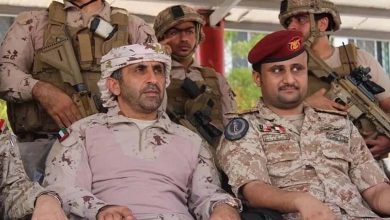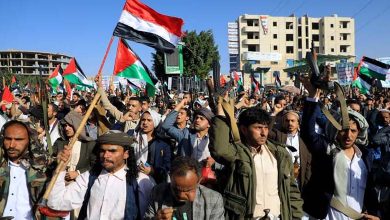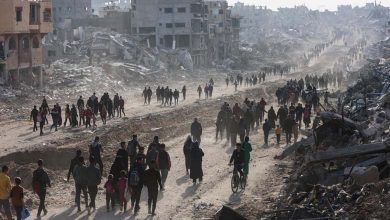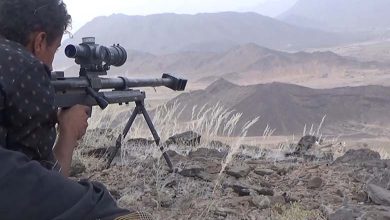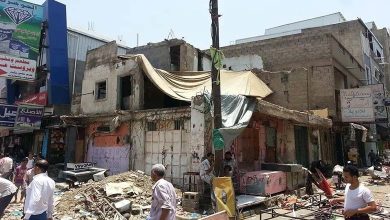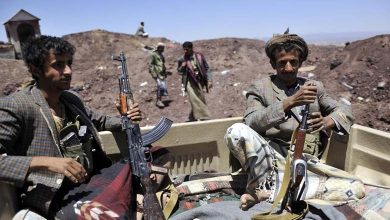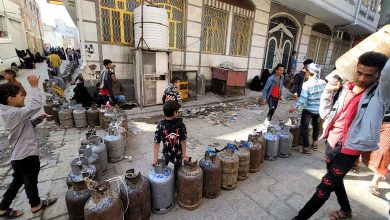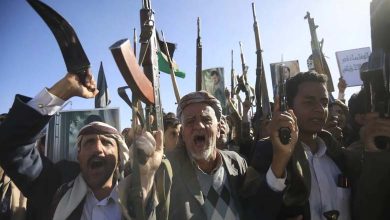Many Palestinian are doubting about the next elections
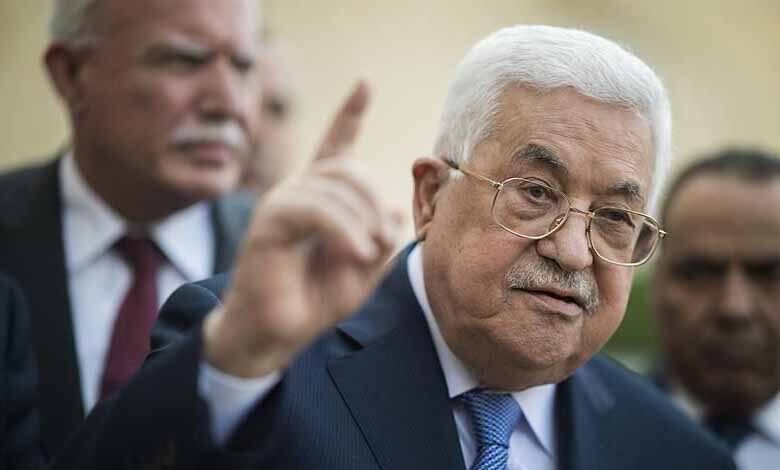
Because of the political conflict, divided between three territories, and doubting about their institutions, several Palestinians are suspicious that their first national elections in 15 years would make change, or even occur at all.
Indeed, the President Mahmoud Abbas stated, yesterday, that parliamentary and presidential elections would be take place this year in an attempt to end long-standing divisions. The militant Islamist group Hamas, his principal rival, welcomed this step.
The new declaration is broadly viewed as a movement intended to satisfy US President-elect Joe Biden, while the Palestinians want to reestablish ties with him after they reached a low under Donald Trump. However, a December survey by the Palestinian Center for Policy and Survey Research revealed that 52 percent of Palestinians consider that elections held under present conditions would not be fair and free.
In fact, and if Hamas won, 76 percent believed that Fatah, which is the party directed by Abbas, would not agree the result and 58 percent thought that Hamas would reject a Fatah victory.
On his part, veteran West Bank political analyst Hani al-Masri related: We have taken an important step but we still have a long way to go, adding: Great obstacles remain and without overcoming these obstacles the whole operation will be doomed to fail.
Moreover, Palestinian observers declared that those obstacles comprise differences within Hamas and Fatah, long the dominant faction in the umbrella Palestine Liberation Organization. Actually, it’s not clear what mechanism would be put in place to ensure a free election, whether international observers would take part and whether Abbas, aged 85 and in poor health, would run. It’s expected that the US, Israel and European Union would reject dealings with any Palestinian government that involved Hamas, which is classified by the West as a terrorist group.
Power struggle
Nevertheless, Israeli officials didn’t instantly comment and it was not clear if Israel would allow election activity to take place in East Jerusalem, as it did before. Palestinians have the intention to hold the elections there, and also on the West Bank and Gaza.
Chairman of the Palestinian Central Election Committee, Hanna Nasir, said on Saturday: We have other alternatives, and what is important is that people from Jerusalem can take part in the election.
It should indicate that the last parliamentary ballot, in 2006, finished in a surprise victory by Hamas in their first-ever national elections, which created a gap with Fatah that entered on a civil war when Hamas controlled Gaza the following year. Gaza is currently a Hamas stronghold, whereas Abbas’s power base is in the Israeli-occupied West Bank.
Furthermore, both groups have failed to reach permanent reconciliation, and earlier engagements to hold elections went frustrated. Rights groups have accused the two group of suppressing political opposition.
Abbas also related that the parliamentary election would be held on May 22 and the presidential vote on July 31, he got the victory in 2005 but his term was only meant to last four years.
Many ordinary Palestinians doubt
One Gaza man, who asked not to be named because he was breaking a coronavirus lockdown, said: They will find a thousand reasons to call it off; Israel, the resistance, power-sharing, anything. I don’t have any hopes.
Zuheir al-Khatib, a 57-year-old doctor from Bethlehem, was more optimistic and he said: This is a 100 percent good decision, merited for over 15 years, if not more, we are supposed to be initiating a state and thus should have democracy.


